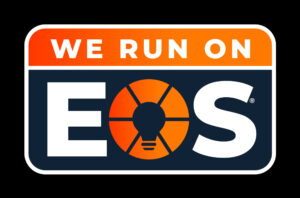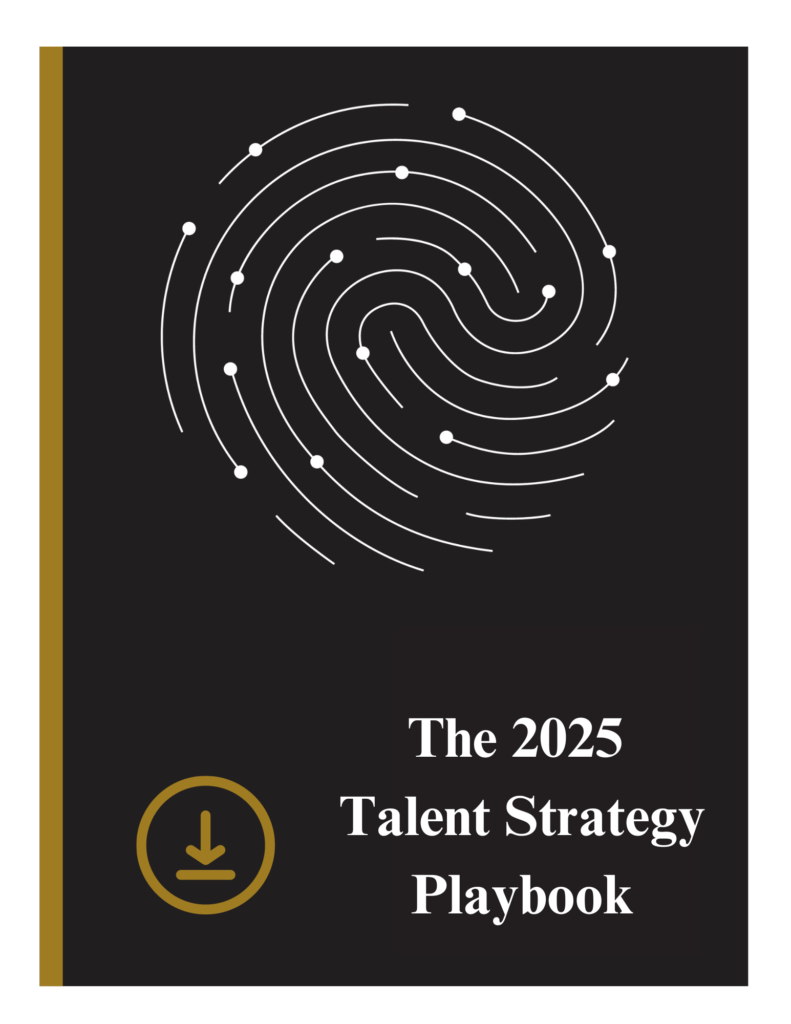by Ashley Ward
The rise of remote work has fundamentally transformed the landscape of talent acquisition, particularly for executive roles. With the flexibility and technological advancements enabling executives to lead from virtually anywhere, remote executive hiring has become a critical component of modern business strategies. However, this shift also presents unique challenges that organizations must navigate to ensure they secure the best talent while maintaining a cohesive and productive leadership team. This blog post delves into the complexities of remote executive hiring and offers actionable insights to overcome these challenges.
The Evolution of Executive Hiring
Executive hiring has traditionally relied on in-person interactions, extensive networking, and personal referrals. The transition to remote work has necessitated a rethinking of these processes. Organizations now face the task of evaluating high-level candidates through digital platforms, making critical decisions without the benefit of face-to-face meetings, and ensuring new hires seamlessly integrate into a remote or hybrid work environment.
The Challenges of Remote Executive Hiring
- Assessing Cultural Fit: Cultural fit is paramount for executive roles, as these leaders shape the organizational culture and drive the company’s vision. Evaluating cultural alignment remotely can be challenging, as virtual interactions may not fully capture the nuances of a candidate’s personality and values.
- Building Trust and Rapport: Establishing trust and rapport is essential in executive hiring. Without in-person meetings, building a genuine connection with candidates requires intentional and strategic communication efforts. Virtual interviews, while convenient, can sometimes feel impersonal and hinder the development of a strong professional relationship.
- Evaluating Soft Skills: Soft skills, such as leadership, communication, and emotional intelligence, are critical for executive success. Remote hiring can limit opportunities to observe these skills in action. Traditional interview techniques may not provide a comprehensive view of a candidate’s ability to lead and inspire a team from a distance.
- Technical Challenges: Technical difficulties, such as poor internet connectivity or platform glitches, can disrupt the flow of remote interviews. These issues can lead to miscommunication and create a less favorable impression of both the candidate and the organization.
- Onboarding and Integration: Successfully onboarding and integrating a remote executive into the company culture and operations is crucial for their long-term success. Remote onboarding can be less immersive and may result in new hires feeling isolated or disconnected from their team and the organization.
Strategies for Overcoming Remote Executive Hiring Challenges
- Leverage Technology Effectively: Utilize advanced technology to enhance the remote hiring process. Video conferencing tools, AI-powered interview platforms, and virtual reality simulations can provide a more immersive and interactive experience for both candidates and hiring teams.
- Structured and Comprehensive Interviews: Develop a structured interview process that includes multiple stages and diverse interviewers. This approach ensures a well-rounded assessment of the candidate’s skills, experiences, and cultural fit. Incorporate behavioral and situational questions to gauge soft skills and leadership capabilities.
- Cultural Assessments: Implement cultural assessments and personality tests to gain insights into a candidate’s values, work style, and potential fit within the organization. Tools like the Hogan Assessment or the Gallup CliftonStrengths can provide valuable data to complement interview evaluations.
- Virtual Onboarding Programs: Design a robust virtual onboarding program that includes interactive training sessions, virtual meet-and-greet events, and mentorship opportunities. Assigning a dedicated onboarding buddy or mentor can help new executives navigate their roles and build connections within the organization.
- Enhanced Communication Practices: Foster open and transparent communication throughout the hiring process. Regular check-ins, virtual coffee chats, and informal meetings can help build rapport and ensure candidates feel engaged and valued.
- Showcase Company Culture: Use digital content, such as videos and virtual tours, to showcase the company culture and work environment. Highlighting success stories, team activities, and core values can give candidates a better understanding of what it’s like to be part of the organization.
- Executive Search Firms: Partnering with executive search firms that specialize in remote hiring can provide access to a broader talent pool and expert guidance throughout the hiring process. These firms have the experience and resources to identify and attract top-tier remote executive talent.
The Future of Remote Executive Hiring
As remote work continues to evolve, so too will the strategies and technologies used in executive hiring. Organizations that embrace flexibility, leverage advanced tools, and prioritize cultural alignment will be well-positioned to attract and retain top executive talent.
Remote executive hiring offers unique opportunities to tap into a global talent pool, promote diversity, and enhance organizational agility. By navigating the challenges with strategic planning and innovative approaches, companies can build a resilient leadership team capable of driving success in a rapidly changing business landscape.
Navigating the challenges of remote executive hiring requires a thoughtful and multifaceted approach. From leveraging technology and structured interviews to fostering open communication and designing immersive onboarding programs, organizations can overcome the complexities of remote hiring and secure exceptional executive talent. As the future of work continues to evolve, embracing these strategies will be crucial for organizations aiming to thrive in a remote and hybrid work environment.
Remote executive hiring is not without its challenges, but with the right strategies and tools in place, organizations can successfully identify, attract, and integrate top executive talent. By focusing on cultural fit, enhancing communication, and leveraging advanced technology, companies can build a strong and cohesive leadership team that drives innovation and growth, regardless of physical location.



















